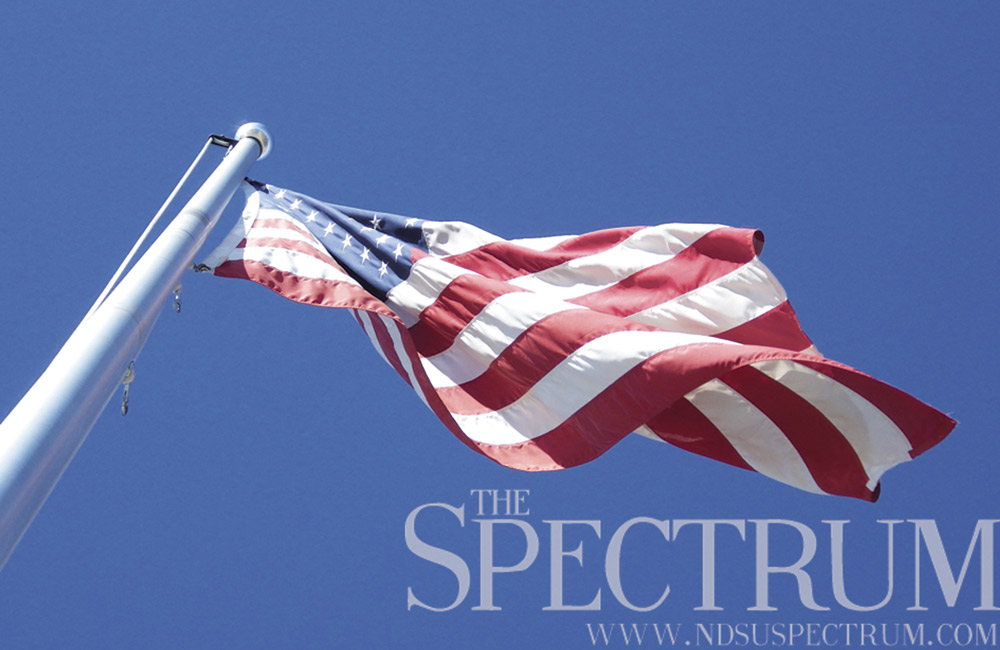
Minnesotans will caucus Tuesday along with a dozen other states.
Tuesday brings this presidential election’s largest day of primary voting as 14 states head to the polls in primaries and caucuses, including east of the Red River.
Minnesota caucuses begin at 7 p.m. Tuesday with registration opening at 6:30 p.m. Minnesota joins Alabama, Arkansas, Alaska, Colorado, Georgia, Massachusetts, Oklahoma, Tennessee, Ohio, Texas, Vermont, Virginia and Wyoming in the day’s elections. Thirty-eight delegates are up for grabs in Minnesota out of 1,695 delegates available for Republican and Democrat president candidates.
Caucuses are very similar to primaries where candidates try to win delegates from individual states.
Primaries are like the general presidential election with formal voting. Caucuses are more informal and are “better for smaller states, where communities can come together,” said Chad Brinkman, senior in electrical engineering. Brinkman is part of the Young Americans for Liberty, which is primarily Libertarian. It is non-bipartisan and holds a convention since it is a smaller group.
North Dakota also takes part in caucuses, but has a later date. Brinkman said, “Minnesota is earlier than North Dakota so it’s a little more important of a vote as people start to drop out.”
In 2008, Minnesota had a record turnout with 277,000 who turned out to caucus, while the general election had 2.9 million who turned out to vote in Minnesota.
Brinkman also said caucuses allow you to have more of a variety and can pick someone you prefer before the elections in the fall.
Because of the historical low turnouts, Brinkman said people “should participate because your vote counts more than it would in general elections, your vote is considerably stronger as less people participate.”
In 2012, Brinkman participated in the North Dakota caucus in Bismarck. He caucused for Ron Paul, as he was the more Libertarian of the candidates, voted for the others that he could and then left.
Libertarians take both sides and are more prominent in younger generations since the party is about “maximizing ones freedom,” Brinkman said.
Minnesota has not always held caucuses and has instead held primaries several times. The state started holding caucuses until 1916 before moving to primaries.
When Minnesota returned to the caucus system in 1922, it started the modern caucus system.
Then Minnesota held both a caucus and primary elections but neither party used the results from the primaries, Minnesota Public Radio reported.
Minnesota law says to caucus with a party, you must generally agree with the party’s platform but don’t have to be register with them.
